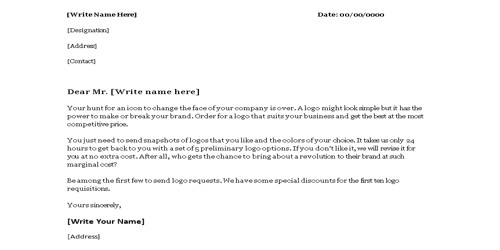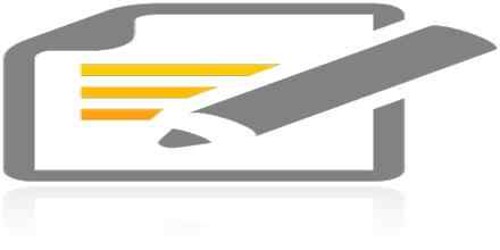Format for How to Write Minutes of Meeting
- Generally, minutes begin with the organization name, place, date, list of people present, absent and the time.
- All the agenda for the said meeting.
- All official decisions must be included.
- The reports given and the person involve
- The vote tally may also be included
- The date, time and place of the next meeting.
- Assignments and the person responsible.
- The minutes may end with a note of the time that the meeting was adjourned.
Importance of Meeting Minutes?
- Confirm any decisions made
- Record of any agreed actions to be taken
- Record of who has been allocated any tasks or responsibilities
- Provide details of the meeting to anyone unable to attend
- Serve as a record of the meeting’s procedure and outcome
What Tasks Are Involved In Taking Minutes
- Make a Short Summary about the Meeting’s Agenda
- Make a List of All the Details Beforehand
- Recording the Body of the Minutes
- Concluding the Minutes
- Distributing the Minutes among the Attendees
Forms of Recording Minutes:
- Video Recording
- Audio Recording
- Hand Recording
The Body of the Minutes:
- Name of the organization
- Date and time the meeting
- Those present and those who could not attend
- A list of the agenda items/topics
- Summary of discussion for each agenda item
- The actions people committed to
- Summary of any decisions made
Styles of Minutes:
- Minutes of Narration – These include some of the discussions and important details. This style of minutes is considered a legal document.
- Report – This is a full record of all discussions that includes the names of all speakers, movers and seconders of any motions, written in a narrative style.
- Minutes of Resolution – These are limited to the recording of the actual words of all resolutions that were passed. Movers and seconders are not recorded. Each resolution that is made commences resolved that. This style of minutes is also considered a legal document.
Essentials of Taking the Minutes:
- Record simple short statements which capture decisions passed and actions agreed upon under each of the agenda headings
- Keep it brief & to the point
- Circulate within a week
- Impersonal tone
- Reported speech
Instructions:
- Typing meeting minutes on a laptop can make the process quicker and easier.
- Make a note of who is present. If necessary, pass around a sign-in sheet.
- Use the meeting agenda as an outline for the minutes.
- Details do not belong in meeting minutes. Do write down any motions and decisions made and the key findings of any committee reports.
- Use bullet points to make the minutes easier to read. Each bullet statement should represent a different finding, discussion, or decision.
- Make a note of issues that were tabled until future meetings.
- Transcribe or review minutes as soon as possible after the meeting, while your memory of what happened is still fresh.
- Before you submit the meeting minutes, proofread for types.















